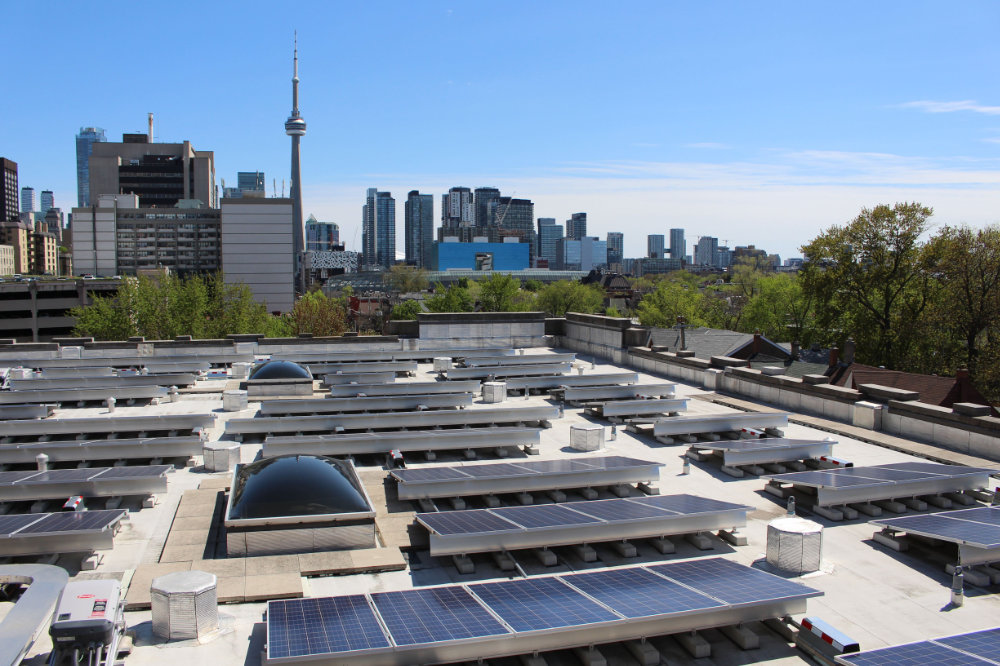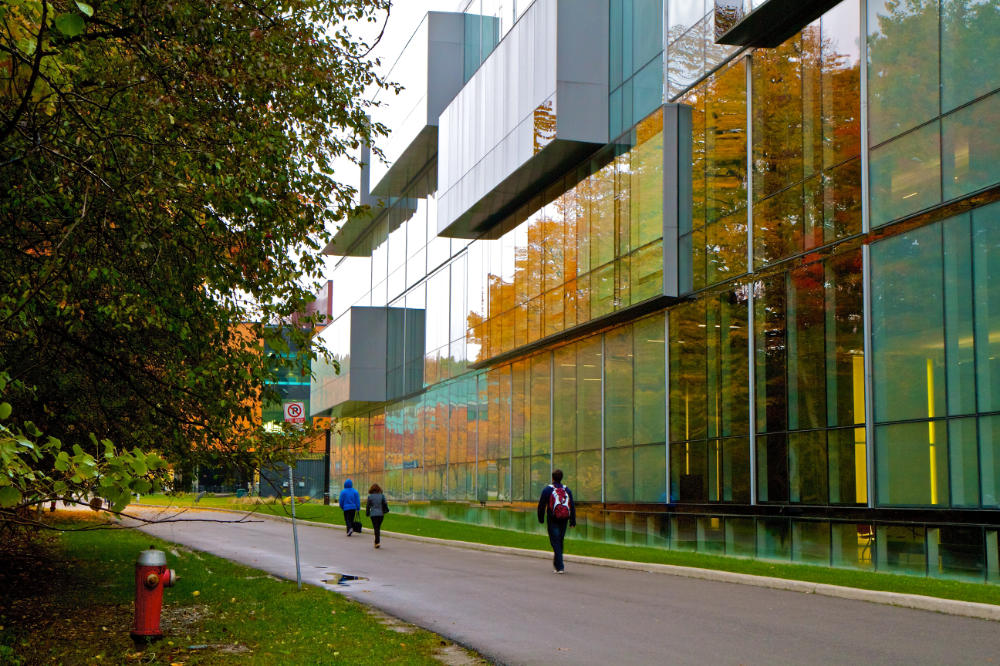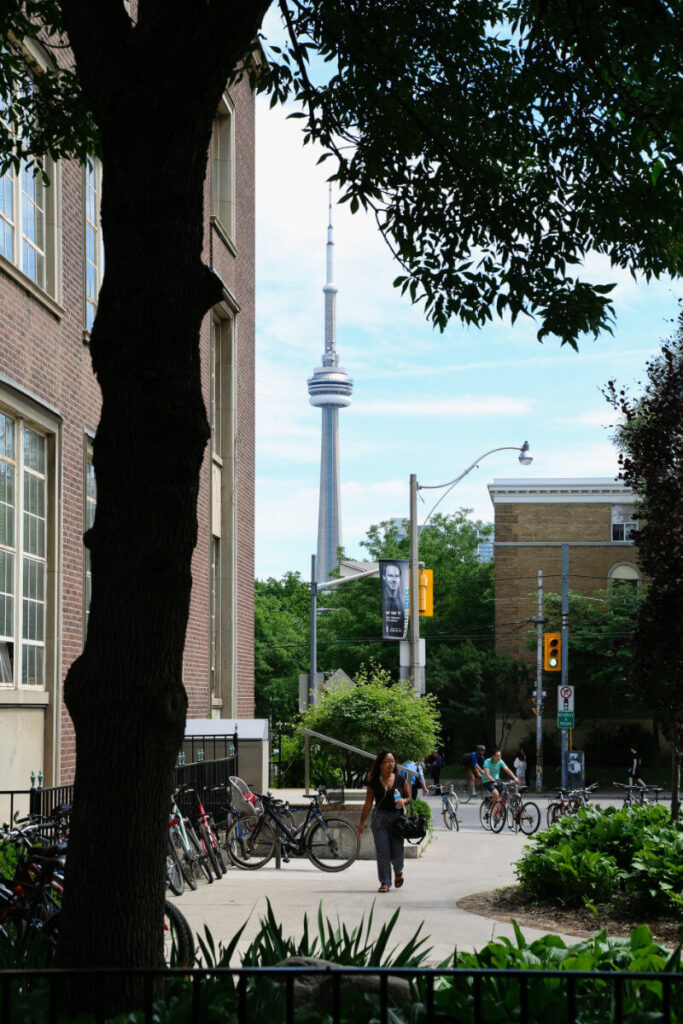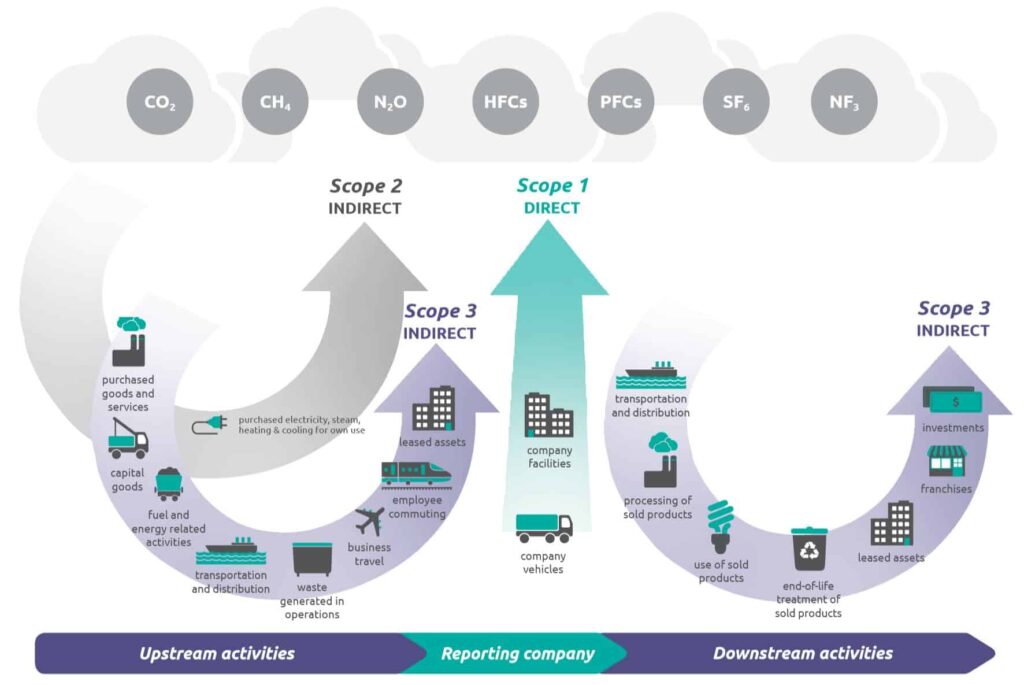The Climate Positive Energy research initiative and U of T’s Climate Positive Campus are supporting research that assists the University in reaching its net-negative 2050 campus goals, funding 4 projects with a total of $400,000 in grants for 2 years. The projects represent 16 interdisciplinary PIs across the tri-campus. Achieving the campus climate positive 2050 goal requires a major transformation of the campus and a new model of sustainable growth. These projects represent an opportunity to innovate and advance science, technology, policy, and frameworks that can be proven and piloted at U of T as a living lab. We are very excited to announce four CPC-CPE projects focused on the themes renewable energy, energy efficiency, health, well-being and behaviour, and emissions accounting. Explore the funded projects below.
- Renewable Energy: Solar Panel Coatings
- Energy Efficiency: Active, fluidic windows
- Health, well-being and behaviour: Decarbonizing the U of T Community
- Emissions accounting: Scope 3 Emissions Framework

Project: Solar panel coating for increased power output of PV installations at U of T
Theme: Renewable Energy
Team: Cynthia Goh (Chemistry) and Sanjeev Chandra (Mechanical and Industrial Engineering)
U of T plans to increase its solar panel installations, both on and off-site, to help reach climate positive campus energy goals. Light reflectance and deposits from the environment (dust, organics, snow, etc.) all contribute to reducing the power output of these solar PV installations. The team comprised of Cynthia Goh and Sanjeev Chandra will tackle this challenge by designing a nano-composite based solar panel coating that can be applied on-site to minimize light reflection and repel dust, snow and other deposits. The coating will be tested on U of T campus solar panel installations and optimized for potential application to all U of T solar projects, improving the power output by approximately 5%.

Project: Active, fluidic windows for energy savings, load management and enhanced daylighting on U of T campus
Theme: Energy Efficiency
Team: Ben Hatton (Materials Engineering) and Alstan Jakubiec (Architecture)
Buildings are a large energy sink, consuming almost one third of global energy. The non-dynamic nature of windows means that central HVAC heating and cooling must compensate during fluctuating light and temperature conditions. In the Canadian climate, for example, building windows would ideally behave oppositely in the summer and winter to take advantage of heat from the sun. Ben Hatton and Alstan Jakubiec’s team is working on allowing windows at U of T to do exactly that by utilizing active, fluidic windows modelled after systems found in nature. Their multi-layered window panel design allows for dynamic control of transmission, absorption and scattering of light. This can save75% on heating energy, 20% on electric lighting energy, and 43% on total operational energy compared to the best available electrochromic technology. With this funding they will develop full-scale prototypes of these active, fluidic windows to test on UofT campus.

Project: Decarbonizing the UofT community: How can we enable more sustainable and equitable personal choices across the three campuses?
Theme: Health, well-being and behaviour
Team: Eric Miller, Marianne Hatzopoulou, Daniel Posen, Khandker Nurul Habib, Heather MacLean, Sham Gamage, Junshi Xu (Civil Engineering), Matt Adams (UTM Geography), Karen Chapple (UTSG Geography), Steven Farber (UTSC Geography).
We know little about U of T’s share of greenhouse gas emissions in the City of Toronto, and how the U of T community’s commuting habits and other personal choices contribute to our emissions. This project combines depth and breadth by analyzing in detail the factors that influence travel behaviour to and from campus, together with a broader analysis correlating carbon literacy with personal environmental action across a range of other activities (e.g., diet, air travel, home heating) among our community members. This project will develop a 7-day commuting survey to assess the travel patterns in the U of T committee and estimate the GHG impact of the trips. This will provide understanding into how transportation infrastructure is meeting the needs of the community, and where spatial and social inequities in emissions exist. Additional survey questions and curriculum analysis will collect data on other personal environmental actions, along with knowledge and education pertaining to carbon footprints. With this information, interventions and knowledge mobilization will be trialed in the community to foster carbon literacy and sustainable, active travel.

Project: Scope 3 Emissions: A Conceptual Accounting Framework for Post-Secondary Institutions and Measurement of Selected Categories of Emissions
Theme: Emissions accounting
Team: Shashi Kant (IMI and Forestry), Yue Li and Soo Min Toh (UTM Management & Rotman), Cynthia Goh (Chemistry), Jim MacLellan (UTSC Physical and Environmental Sciences)
Scope 3 emissions—emissions from activities not directly owned or operated by the University—may contribute as much as 90% of the total emissions from post-secondary institutions. They include business travel, capital project, community, purchased goods, produced goods, and digital footprint. They are also the most difficult emissions to account for, measure, and reduce. This project will develop an accounting framework for Scope 3 emissions, estimate U of T’s emissions and provide guidance on we can reduce them. This research and conceptual framework can hopefully be applied to other post-secondary institutions across the country, using the U of T case as a model.